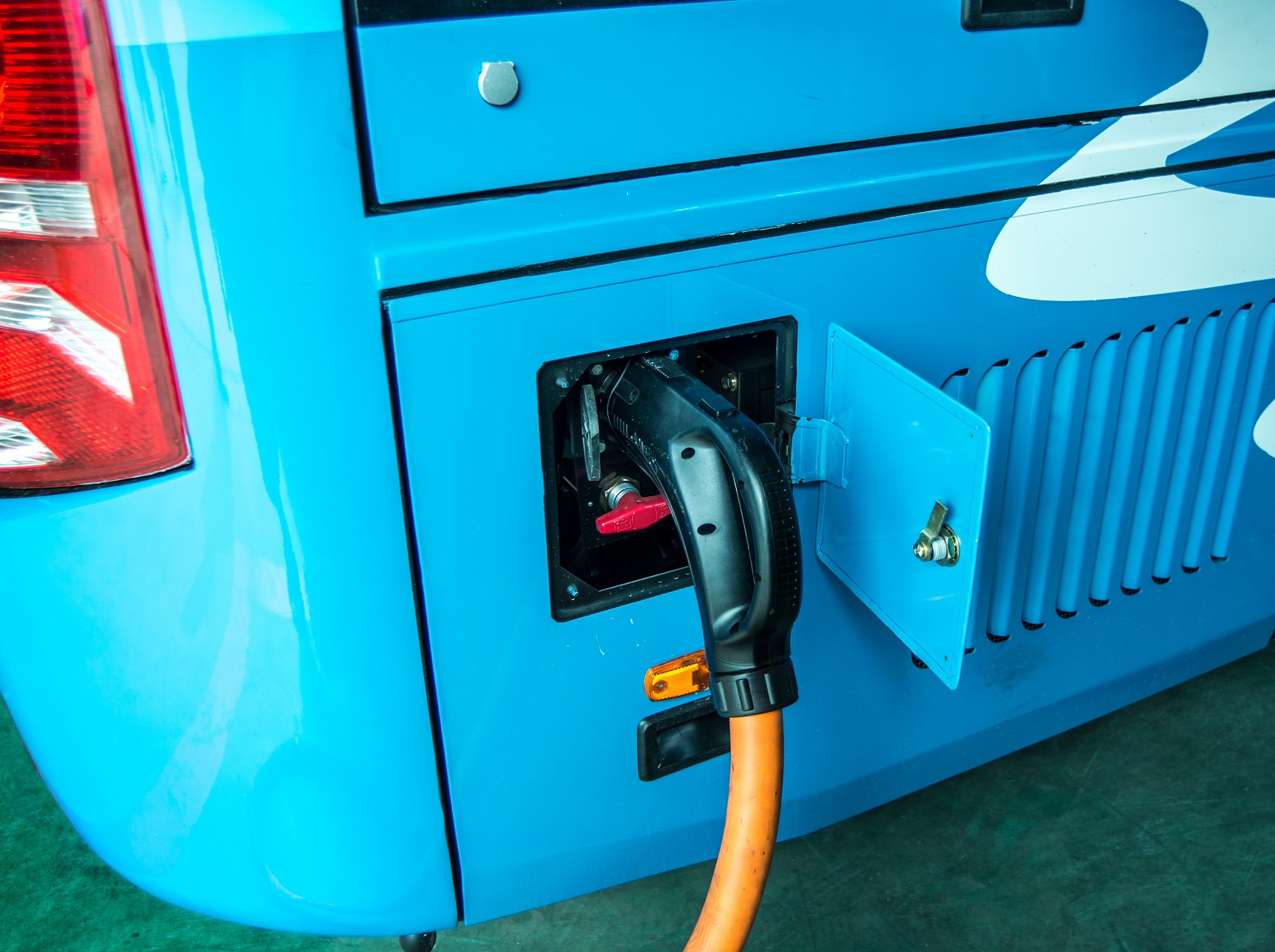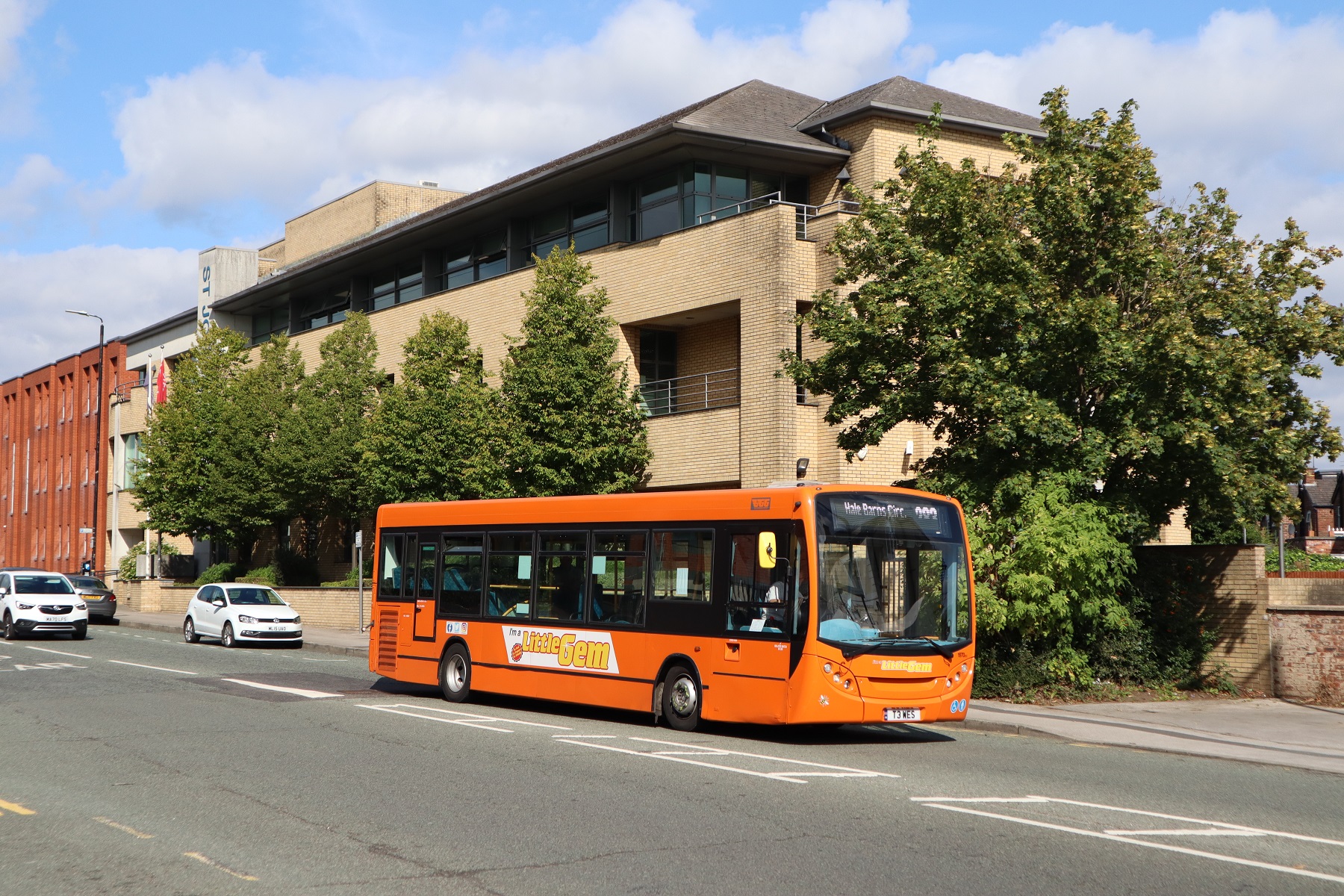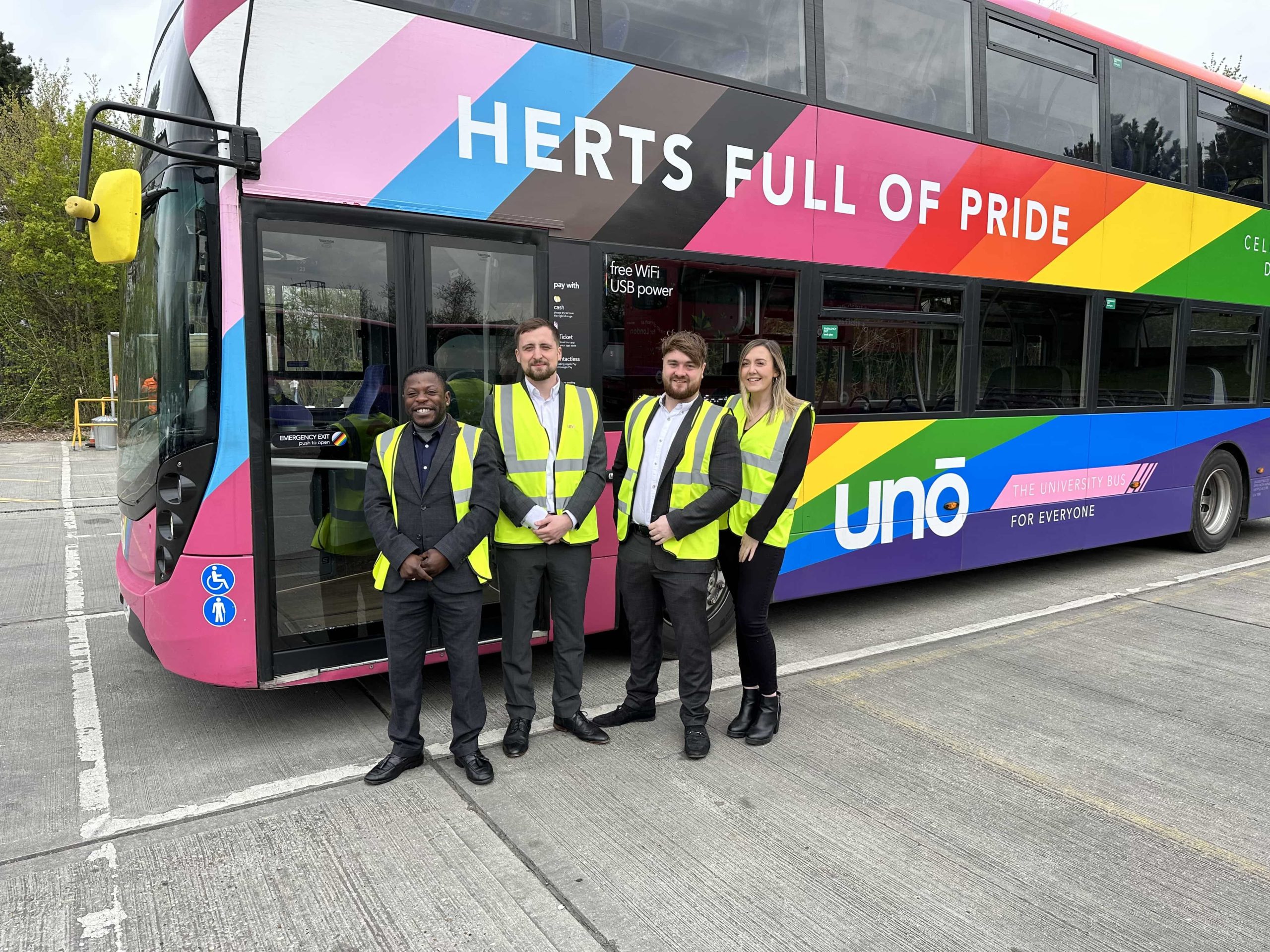There is a growing likelihood that the zero-emission trajectory for coach will align with that in HGVs, two figures active in early work around the transition agreed at the Confederation of Passenger Transport UK Bus and Coach Conference in late March.
Vehicle usage cases and infrastructure requirements are key factors in that prediction, but it forms an overarching position with much else to consider and be defined.
Central to the current lack of long-term certainty around zero-emission for coach is that only one such model is in the market. That slow progress must be part of policy formation around the shift, Zero Emission Coach Taskforce (ZECT) Chair Ian Luckett believes. Setting an end date for the sale of new non-zero-emission coaches must wait for now despite that step for HGVs having already been defined, he says.
For the government, Department for Transport (DfT) Co-Director of Local Transport Jessica Matthew notes that buses and HGVs have played a more prominent part in thinking around zero-emission for distinct reasons. In buses’ case, that is because of the greater number of vehicles and solutions. For HGVs, it is down to their much greater overall contribution to pollution than coaches.
However, Ms Matthews notes that DfT’s attention is likely to turn to the end date for new non-zero-emission coaches soon. Recognising outside influences on the sector will be key in that work and it will be important to engage with parties in other countries to gauge progress there, she adds.
Although coach is behind bus and HGV in DfT’s work on zero-emission in heavy-duty vehicles, Ms Matthews says that the government recognises the sector’s importance. However, she cautions that any eventual financial support for the shift should not be seen as coming with no strings attached.
“There is no such thing as a free lunch. When coach operators call for government support, do they want the other side of that coin?”
In terms of energy sources that will feature in the move to zero-emission for coaches, Mr Luckett believes that hydrogen will have a place alongside batteries. Whether hydrogen’s presence comes via consumption in a fuel cell or combustion in an engine remains to be seen, but Ms Matthews says that the government is likely to focus on the most cost-effective means to make the shift.
While zero-emission will represent the conclusion of coaches’ decarbonisation journey, other considerations are present in the shorter term. ZECT has already highlighted the benefits of renewable fuels as a bridge between fossil diesel and batteries or hydrogen.
Mr Luckett underlines that position, but he notes that use of hydrotreated vegetable oil brings a significant price premium over fossil diesel.
Meanwhile, the prospect of Euro 7 coming to diesel engines in the UK was also touched upon. Ms Matthew notes that the UK remains a member of the United Nations Economic Commission for Europe (UNECE) and will hence follow the UNECE position. “There is little appetite for different standards,” she says.
Although Euro 7 is currently at the proposal stage – and has attracted the ire of some vehicle OEMs that claim it will divert research and development spend from zero-emission – it would thus appear that it will indeed make a showing in the UK diesel coach market.



























